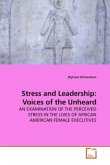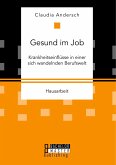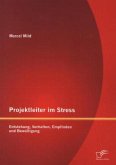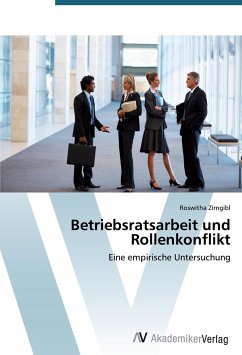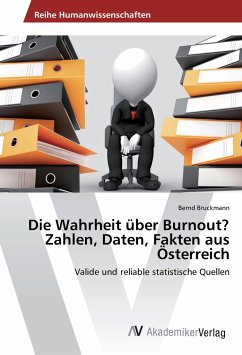This research project investigated the phenomenon of tourism, in order to discover some of the impact that tourism might have on vacationers. The study was based on a mixed method design, both quantitative and qualitative data-gathering methods. Two recognized inventory instruments have been used, the Myers Briggs Type Indicator (MBTI) and the Beck Depression Inventory (BDI II). The study was designed as a pre-trip/post-trip design in the weeks before and after Easter 2010. The participants in the project were employees at the University of Stavanger, Norway. The research hypothesis was strengthened. The majority of the survey respondents who did go on holiday reported after their vacation that they were able to relax during their holiday and that they recharged batteries due to their vacation. Furthermore, the BDI II results indicate a decrease in self-reported negative feelings. The pre and post-trip interviews point to that the respondents experienced not only a boost of anticipation in their pre-trip phase but also a boost of energy. Besides, the interview respondents reported benefits of traveling such as relaxation.
Bitte wählen Sie Ihr Anliegen aus.
Rechnungen
Retourenschein anfordern
Bestellstatus
Storno


